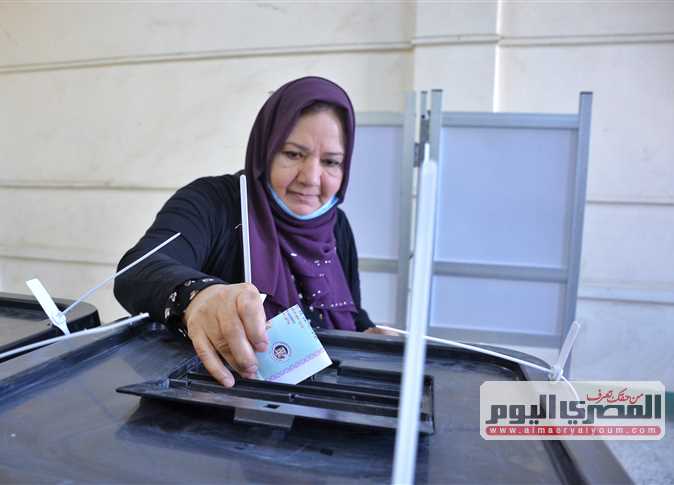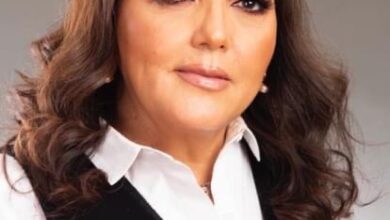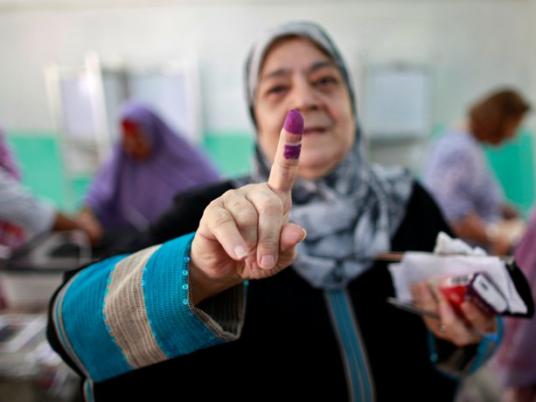Monday’s papers report negative reactions from Parliament to Prime Minister Kamal al-Ganzouri’s address to the People’s Assembly on Sunday.
Otherwise, the Parliament continues to be occupied by issues seen as irrelevant to the concerns of the general public, with the exception of a few.
After the completion of the legislative body with the elections of the Shura Council, it seems the run-up to presidential elections and the controversy around the formation of the committee drafting the constitution has taken center stage in the news.
In reaction to Ganzouri’s address, in which he placed most of the blame for Egypt’s economic crisis on foreign countries who didn’t follow through with their promises of financial support to the country and plotted against it, the Freedom and Justice Party official paper called his statements weak and criticized Ganzouri for failing to address important issues such as security plans and retrieval of stolen funds.
The independent Al-Shorouk also reports a negative reaction from the majority of Parliament members to Ganzouri’s address. The paper also reported that many members seem inclined to cast a vote of “no confidence” against Ganzouri’s cabinet.
State-run Al-Ahram newspaper, however, chose to focus on Ganzouri’s reassurance that “Egypt will never kneel down,” and that it is time for Egypt to deal with other countries as equals and to put the interests of society above those of the rulers.
Al-Ahram announces that the Supreme Council of the Armed Forces has invited members of both houses of Parliament to meet next Saturday to vote on the committee that will draft the new constitution.
The paper says that the Freedom and Justice Party insists on its proposal that 40 members of the committee come from Parliament and the remaining 60 be public figures.
In its official paper, Freedom and Justice Party Chairman Mohamed Morsy reassures the public that the choice of the committee members will be based on qualifications and proportional representation of all sectors in society, including women and youth.
The paper also announces the choice of the party’s Sharqiya representative in the Shura Council Ahmed Fahmy as the speaker for the upper house of Parliament. It quotes Fahmy saying that the new council will not be made up of a majority and an opposition, but instead, all its members will work together.
Al-Shorouk publishes the developments in the efforts of the “committee of 100” attempting to form a presidential team to avoid the division of votes between the candidates representative of the revolution.
The committee has set meetings with candidates Abdel Moneim Abouel Fotouh and Hamdeen Sabbahi, seeking their consent to the idea before choosing one of them as president and the other as deputy.
Al-Shorouk also reports that the committee is reaching out to some of the new candidates, including leftist lawyer Khaled Ali, to convince them not to run in order not to divide the votes.
In a new episode of the series of controversial and seemingly trivial issues occupying Parliament, the religious committee discussed a proposition by MP Mahmoud Abdel Mordy to ban websites offensive to Prophet Mohamed, as reported by the Freedom and Justice newspaper.
Parliament, however, has broached a few issues that actually matter to the public, including Interior Ministry reforms and steps toward prosecuting Mubarak with the charge of high treason.
Al-Shorouk says that the Assistant Justice Minister Omar al-Sherif said in a meeting with the parliamentary Suggestions and Complaints Committee that the current law allows for the prosecution of the former president with the charge of high treason.
MP Hosni Dweidar, who proposed the move, told the paper that this meant that Parliament could summon Mubarak for prosecution.




